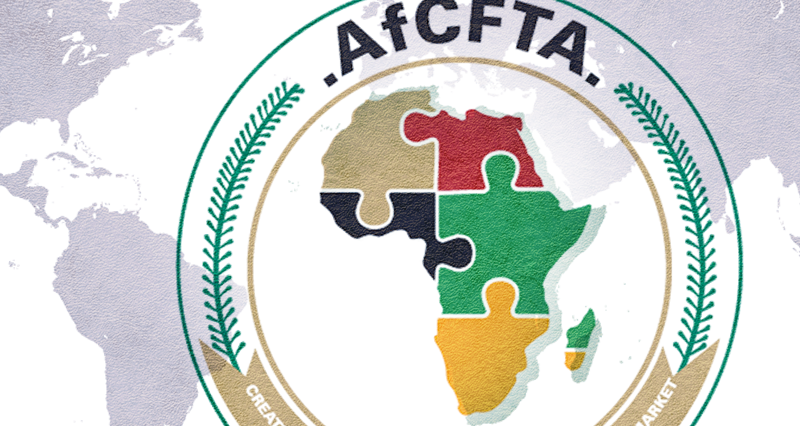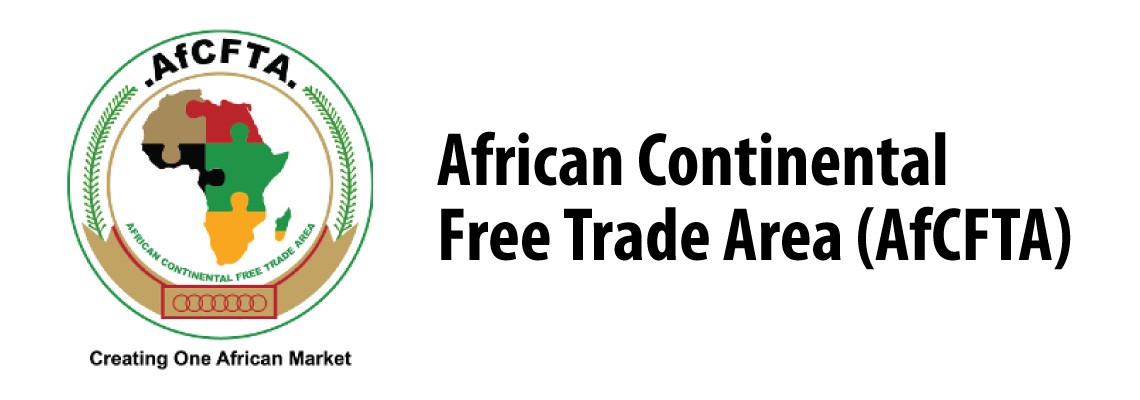Introduction
The African Continental Free Trade Area (AfCFTA) is a landmark agreement signed by 54 African countries in 2018. It aims to create a single, unified market across the continent, fostering increased trade and economic integration. South Africa, as a major economic powerhouse in Africa, stands to both benefit and face challenges from the AfCFTA.

Image: uwidata.com
Opportunities for South Africa
Expanded Market Access: The AfCFTA creates a market of over 1.2 billion people, providing South African businesses with access to a vast new consumer base. This will allow South Africa to export a wider range of goods and services, boosting its economic growth.
Industrialization and Value-Added Production: The AfCFTA promotes intra-African trade, which can stimulate industrialization and value-added production within South Africa. By reducing tariffs and other barriers to trade, businesses can expand beyond domestic markets and specialize in their production processes.
Job Creation and Investment: Increased trade and investment under the AfCFTA will create employment opportunities and attract foreign direct investment (FDI). South Africa’s skilled workforce, established infrastructure, and strong financial system make it an attractive destination for businesses seeking to access the African market.
Regional Cooperation and Integration: The AfCFTA fosters regional cooperation and integration, which can lead to improved infrastructure development, reduced trade costs, and enhanced political stability. This creates a more favorable environment for economic growth and development across Africa, including South Africa.
Challenges for South Africa
Competition from Other African Countries: While the AfCFTA provides opportunities, it also increases competition from other African countries. South African businesses will need to adapt and innovate to remain competitive in a larger and more integrated market.
Non-Tariff Barriers: Although tariffs have been reduced, non-tariff barriers such as regulatory differences, technical standards, and infrastructure constraints can still hinder trade. South Africa will need to harmonize its regulations and invest in infrastructure to address these challenges.
Loss of Domestic Market Share: The AfCFTA may lead to increased imports from other African countries, which could result in a loss of domestic market share for some South African businesses. This can have a negative impact on smaller businesses that are not able to compete with larger regional players.
Uneven Distribution of Benefits: The benefits of the AfCFTA may not be equally distributed across all sectors and regions of South Africa. The manufacturing and agricultural sectors stand to gain more from increased trade, while other sectors may face challenges.

Image: www.eac.int
Africa Free Trade Agreement Affect On South Africa
Conclusion
The African Free Trade Agreement is a game-changer for South Africa and the rest of Africa. It presents both opportunities and challenges. By embracing the opportunities, such as expanded market access and increased investment, South Africa can boost its economic growth and competitiveness. However, it is essential to address the challenges by implementing appropriate policies and strategies. The AfCFTA has the potential to transform South Africa into a leading player in the African economic landscape, contributing to regional development and creating a more prosperous future for the entire continent.






